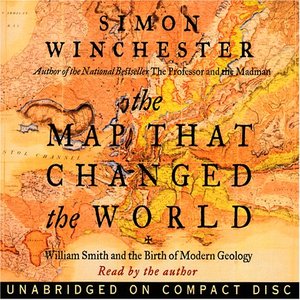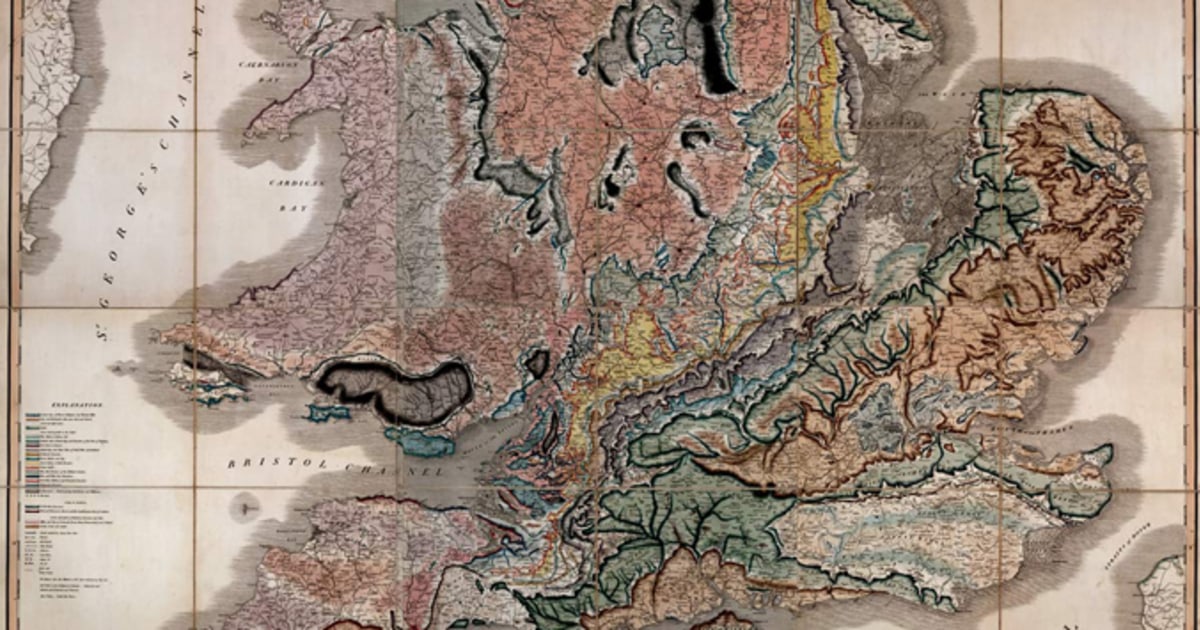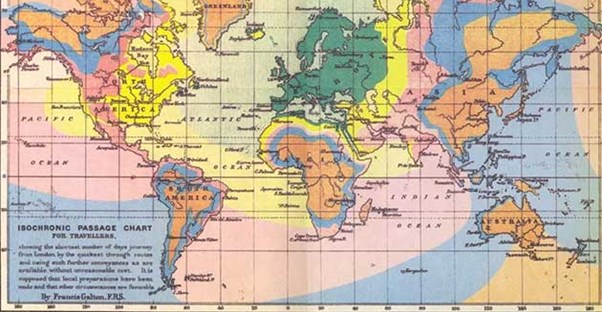


The value of their knowledges is underlined by the immense care taken to guard and then transmit them.

Some 230,000 people died, in the worst natural disaster of the century thus far. The enormous drowning wave headed at immense speed from its epicenter at the northern tip of the Indonesian island of Sumatra and spread unstoppably through the Bay of Bengal, devastating coastal communities-and tourist destinations-in Thailand, India, Sri Lanka, and beyond. Sunday, December 26, 2004, is memorialized across the Indian Ocean as the date of an enormous undersea earthquake and a consequent unimaginably lethal tsunami.

Their unique possession of traditional knowledge of their natural environment by all accounts saved their lives. The islands, tropical and until recently seldom visited by outsiders, are officially Indian sovereign territory, and are populated mainly by Bengalis and Tamils from the Indian mainland-a total of some 350,000 people, most of them farmers and foresters.īut there are also a scant few hundred aboriginal people on the archipelago too-tribes known as the Onge, the Jarawa, and the Sentinelese. The knowledge-gained usually from experience-that fire is a danger, that ice can freeze the life away, that water can drown, that a wasp can sting and cause great pain-all such matters are apprehended early on in life, by animals and humans alike, in order to help preserve the species.Īnd in more than a few ancient indigenous cultures throughout the world, such basic, near-instinctual knowledge lies at the very core of their collective being, and on occasion results in a communal response that inspires awe and envy from supposedly more advanced, more sophisticated onlookers.Ī case in point, which offers one of the more vivid recent examples of indigenous knowledge at work in recent times, came about on the Andaman Islands, the string of limestone jungle-covered skerries lying in the Bay of Bengal, off the coast of Burma. Anything that threatens existence-any danger, any potential assault, any whiff of menace-is to be avoided, and of all the kinds of empirical knowledge of which the being becomes aware, that of impending danger is pre- eminent. It is surely true that for all sentient beings life itself is the most precious of commodities, to be preserved at all costs.


 0 kommentar(er)
0 kommentar(er)
